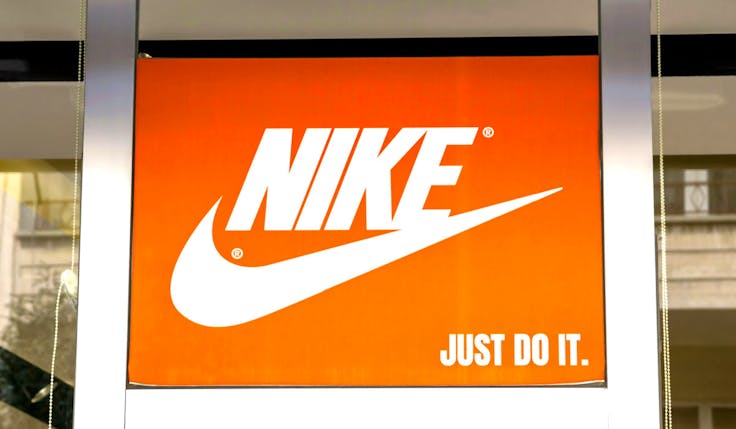Revolution Beauty admits negative impact of reduced marketing investment
The makeup brand has reported various declines in its full year 2024 results, many of which are attributed to a reduction in marketing spend.

Revolution Beauty’s latest financial results make a strong case for the importance of marketing, with the beauty retailer attributing declines in US sales and digital revenue directly to its decision to scale back marketing spend during its 2024 full year.
While the group says the £4.8m reduction in marketing investment has helped it turn around adjusted EBITDA from a loss of £7.5m during its 2023 full year to a positive £12.6m in 2024, it has also seen digital revenue decline by 17% to £42.3m.
“Although UK store group revenue grew, digital revenue declined as digital marketing spend was reduced and customers returned to the high street,” the company said.
At the same time, US sales declined by 15% year-on-year due to “reduced US focused marketing investment and poor service levels to major customers.”
Ecommerce sites also saw a reduction in sales, driven by the “strategic decision” during the first half to significantly reduce “non-profitable traffic driving marketing investments” and the return to the high street. Despite this, the business managed to increase conversion and average order value during the second half.
There are clear signs, however, that Revolution Beauty is gearing up to invest in marketing once more. The company has just launched a US-focused marketing programme to “drive brand awareness and conversion”, and hired former Coty CMO, Erin Cast, as its new president at the end of 2023.
How Revolution Beauty is using the ‘power’ of DTC to drive ‘huge’ growth
Having simplified its product portfolio earlier this year – moving from seven brands across 11 categories to three brands across seven – Revolution says it will focus on building a “profitable and sustainable new product pipeline” and work to “unlock major profitable growth opportunities” for its masterbrand Revolution and value-brand Relove.
“The masterbrand will continue to bring innovative products, inspired by our community, to the mass beauty market faster than the competition, but by re-establishing a digital test and learn model, alongside a streamlined product portfolio, we can scale profitably to our physical distribution footprint,” says CEO Lauren Brindley.
“By optimising the brand portfolio, by powering up our major product categories of cosmetics and skincare and with focused growth globally both by market and channel, I am confident we can unlock the many opportunities ahead of us as a company.”
While Revolution expects to see revenues decline year-on-year in the first half of its 2025 full year at a higher rate than the same period in 2024, it believes a “reinvigorated innovation pipeline”, alongside opportunities to expand its offering and distribution network, will fuel a return to growth in the second half.





